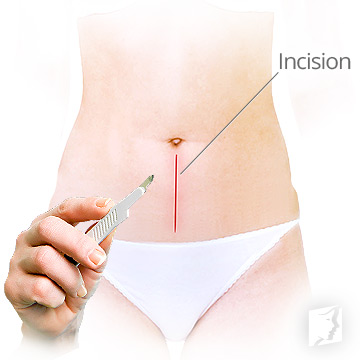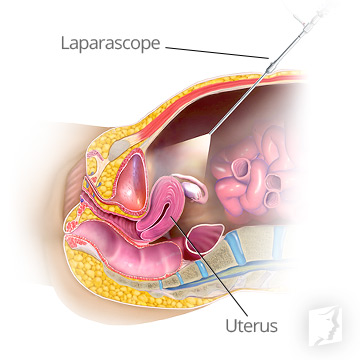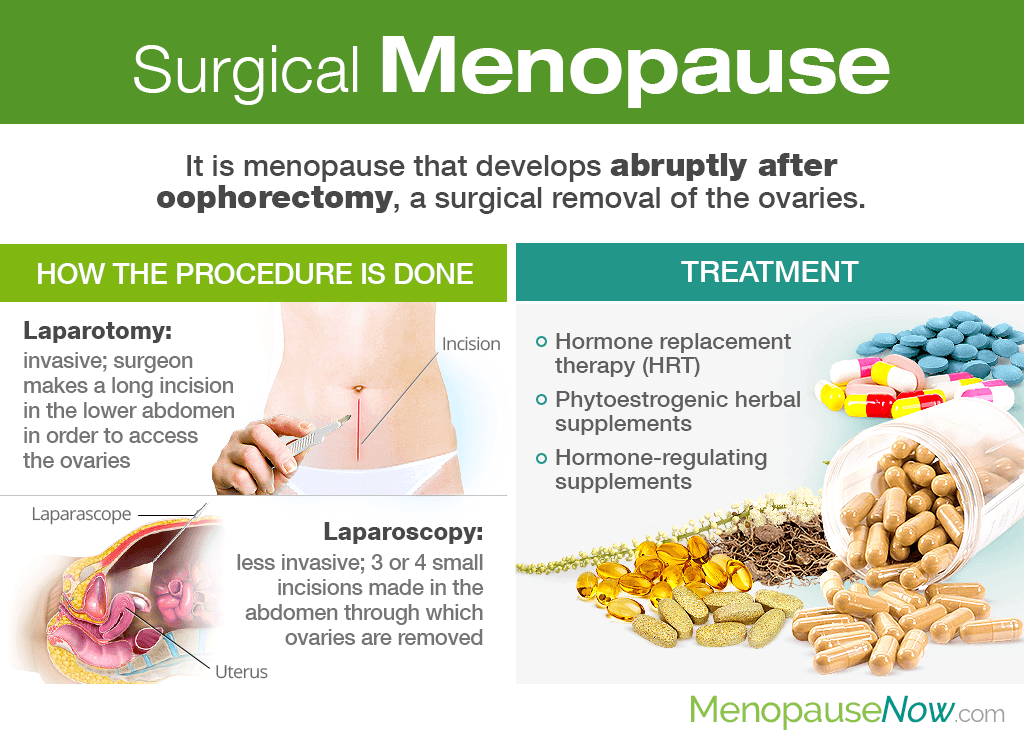Surgical menopause is a term that's commonly used throughout the medical sphere, but not many women understand exactly what it means and entails. Continue reading to learn all about surgical menopause, from what it is and how it's performed to its risks, treatment options, and more.
What is Surgical Menopause?

Surgical menopause is defined as menopause that develops abruptly after surgical removal of the ovaries. For this reason, it is also referred to as surgically induced menopause.
This procedure is called an oophorectomy. When the surgery removed one ovary, it is known as a unilateral oophorectomy, while the removal of both ovaries is called bilateral oophorectomy.
Furthermore, surgical menopause is often combined with a hysterectomy, which is the removal of the uterus, but not always.
It is important to note that women who undergo a hysterectomy will not enter surgical menopause right away as they still have ovaries, which means they are still producing estrogen.
Why It's Performed
Surgical menopause may be performed on women for a variety of reasons, such as:
- Ovarian cancer
- Endometriosis
- Ovarian torsion (twisting)
- An abscess in a fallopian tube or ovary
- Benign ovarian tumors or cysts
- Reduce ovarian or breast cancer risk
For women with an increased risk of ovarian cancer, the nearby fallopian tubes will often commonly be removed seeing as they share a common blood supply with the ovaries.
How the Procedure is Done
An oophorectomy will be performed in one of two ways:
Laparotomy. This is an invasive approach, in which a surgeon will make a long incision in the lower abdomen in order to access the ovaries. Each ovary will then be removed by separating it from the blood supply and tissue that surround it.
-

Laparoscopy. This option is minimally invasive. Three or four small incisions will be made in the abdomen, in which special surgical tools and a video-transmitting camera will be inserted to guide them. Each removed ovary is placed in a pouch that is then removed from the abdomen through one incision.
The procedure that is performed will depend upon each individual case. While less invasive measures permit for quicker recovery and less pain, they are not suitable for all women.
Risks of Surgical Menopause
Although relatively safe to undergo, there are certain risks involved with surgically induced menopause, including, but not limited to:
- Damage to nearby organs
- Infection
- Bleeding
- Rupture of a tumor that can spread potentially cancerous cells
- And more
Surgical Menopause Symptoms
Women who undergo surgically induced menopause will immediately begin to experience hormonal imbalance symptoms such as hot flashes, vaginal dryness, anxiety, memory problems, low libido, and more.
Also, there may be health complications further down the road due to the early estrogen deficiency from ovary removal, such as an increased risk of heart disease as well as osteoporosis and bone fracture.
Surgical Menopause Treatment

Many women consider taking hormone replacement therapy (HRT) at least until the age of normal menopause to reduce the risk of aforementioned future health complications.
However, because HRT has its own risks, many women look for natural alternatives to combat the surgical menopause symptoms they are experiencing.
There are two alternative medicine options renowned for their ability to help balance hormones: phytoestrogenic herbal supplements and hormone-regulating supplements.
Phytoestrogenic herbal supplements contain strong phytoestrogens, which are plant-based estrogens that fill receptors in the body to compensate for a deficiency. They are recommended for short-term use as introduction of external hormones into the body could make it less capable of producing its own.
On the other hand, hormone-regulating supplements encourage the endocrine and pituitary glands to produce their own hormones. By encouraging natural hormone production, they are safer for long-term use in women looking to relieve surgical menopause symptoms and resolve the hormonal imbalance.
Learn more about natural and effective menopause symptom treatments for a quicker recovery toward a symptom-free life.
Sources
- Australasian Menopause Society. (n.d.). Surgical Menopause. Retrieved April 3, 2019, from https://www.menopause.org.au/hp/information-sheets/756-surgical-menopause
- Mayo Clinic. (2017). Oophorectomy (ovary removal surgery). Retrieved April 3, 2019, from https://www.mayoclinic.org/tests-procedures/oophorectomy/about/pac-20385030
- The North American Menopause Society. (n.d.). Instant Help for Induced Menopause. Retrieved April 3, 2019, from https://www.menopause.org/for-women/menopauseflashes/menopause-symptoms-and-treatments/instant-help-for-induced-menopause

